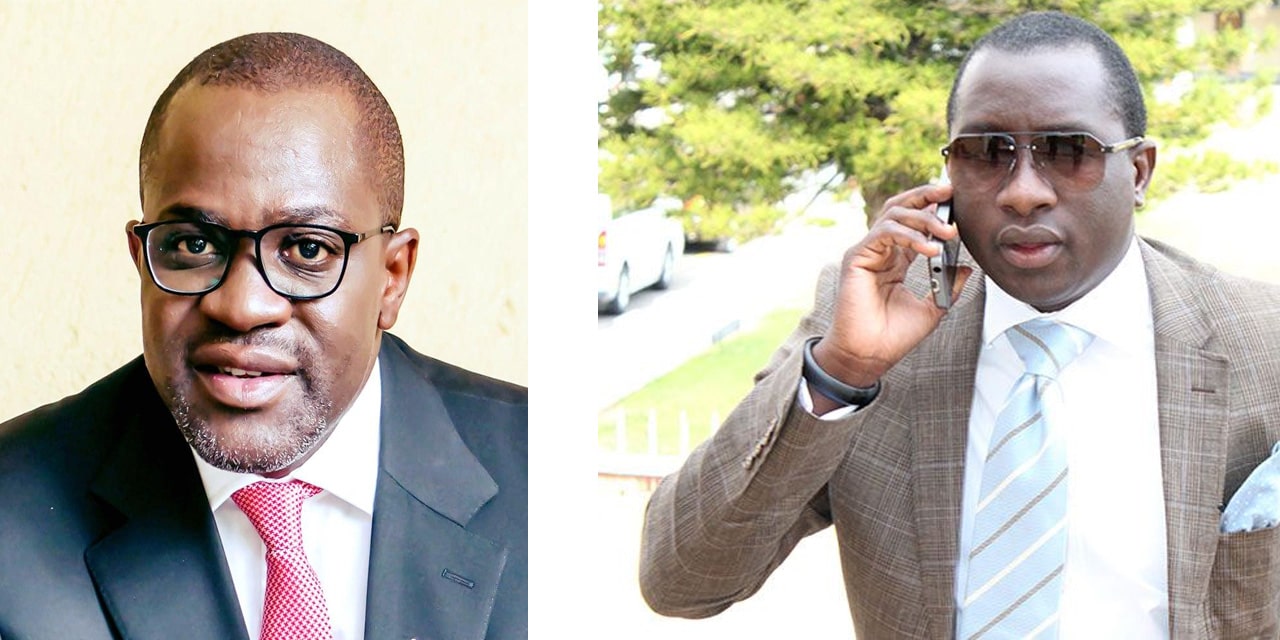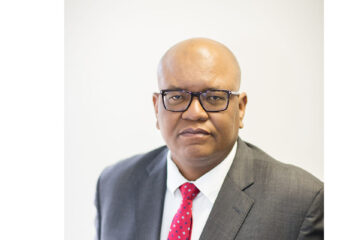Andrew Kathindi
The Fishrot accused James Hatuikulipi and former Justice Minister, Sacky Shanghala who were caught with smuggled phones two weeks ago at Windhoek Central, are stating that the gadgets were required to avoid their conversations being recorded by the correctional services’ recording system.
Although it is unknown for how long the two have had the mobile phones, they were found in possession of two devices following a search of their cells after a report had been lodged by prison officers of suspicious activity by the two.
“During the interviews with them, what they indicated is that they were using these phones to call their lawyers, because according to them, they feel the phones that we are allowing them, because they are recorded will not allow them to have a fair trial. And they felt that they would need phones that are not censored or recorded that they can use to communicate directly with their lawyers,” officer in charge of Windhoek Correctional Facility, Deputy Commissioner Manfred Jatamunua told the Windhoek Observer.
Hatuikulipi, Shanghala along with co-accused, former Fisheries Minister, Bernard Esau, his son-in-law Tamson Hatuikulipi, Ricardo Gustavo, Pius Mwatelulo and former Fishcor CEO Mike Nghipunya are due in the High Court next week for the beginning of the Fishrot trial.
Jatamunua although admitting the recording of inmates’ conversations, however, argued that the recordings are merely standard procedure, and that the prison services had provided the inmates with all resources and facilities possible to help them communicate with their lawyers and family.
“Although the system records, we cannot take those recordings and go to court as evidence. The courts will not even accept that. We only use those records if crimes are committed through that system. Then we will go and ask the company to give us records of the correspondence.”
If action had been taken against the two, Jatamunua revealed that the Correctional Services Act is limited in what can be done to inmates who break its rules while awaiting trial.
Hatuikulipi was last year charged with Mwatelulo for smuggling a cell phone into their cell, but are still to face any consequences, despite the prison officer who aided them having been suspended.
“They were charged but nothing happened. You can take away options like visitation, but the options are very limited. The Act predominantly addresses issues of sentenced offenders. Unless it is an outright crime where you can go to the police and charge the person with a crime.”
“Those people were charged criminally with the police, and the cases could not proceed because a cell phone is not an illegal thing in Namibia.”
He said the investigators and the complaints and discipline section of the correctional services is looking into the options that are available within the provisions of the Act.




